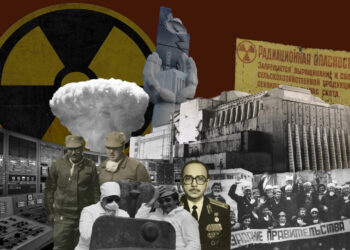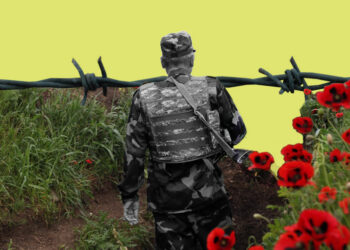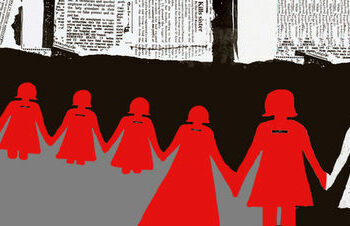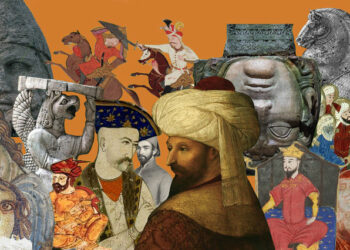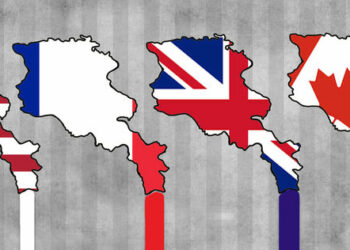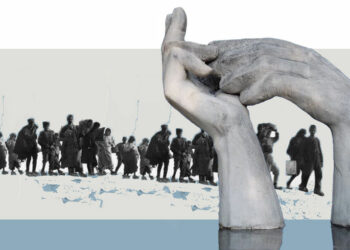COVID-19 Daily Briefing (May 16)
More than 40 elderly residents of the Nork Old Age Home and several staff members have tested positive for COVID-19; restrictions on the operation of retail outlets (including malls), restaurants and cafes, gyms, kindergartens, preschools and other spheres lifted; more medical supplies and equipment arrive in Armenia.



















































